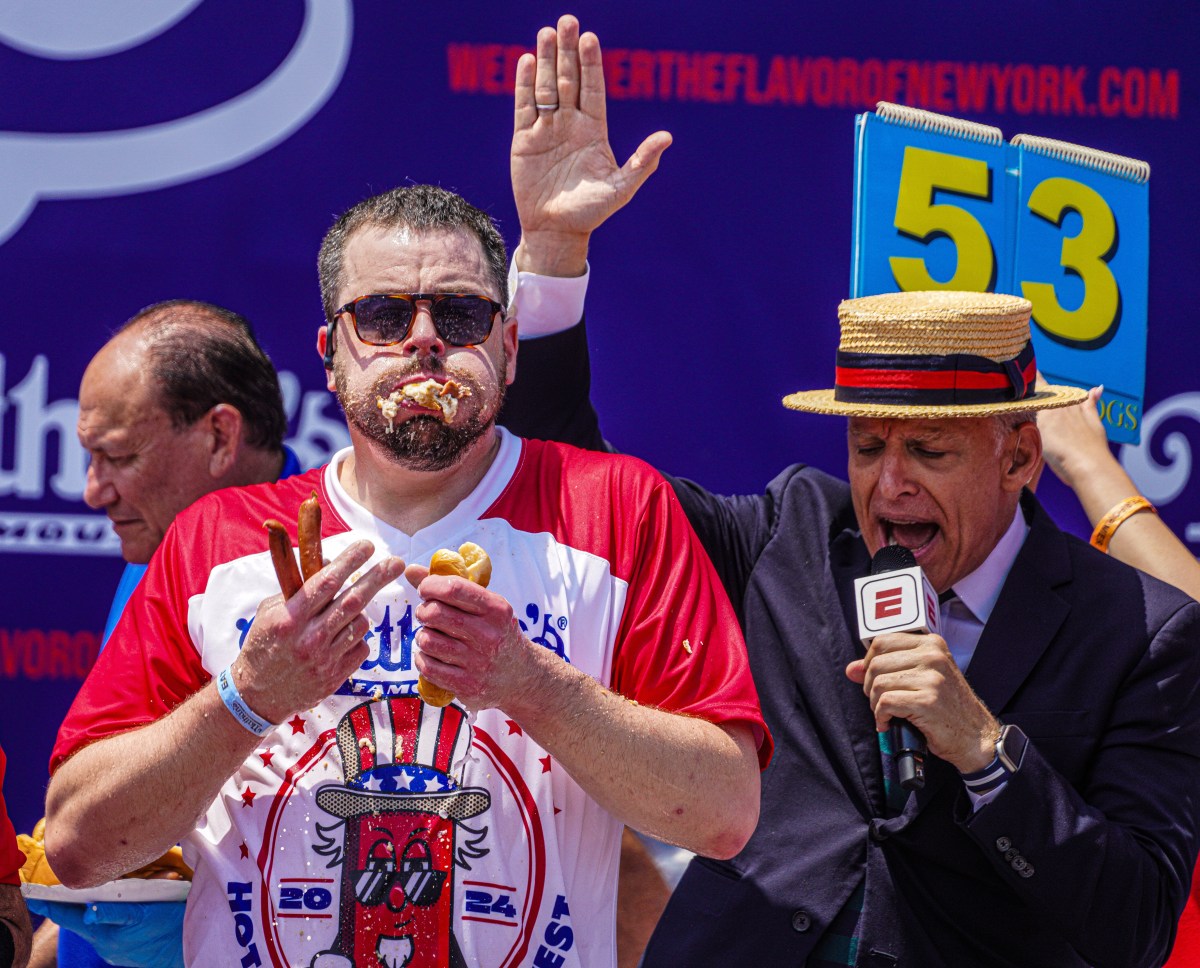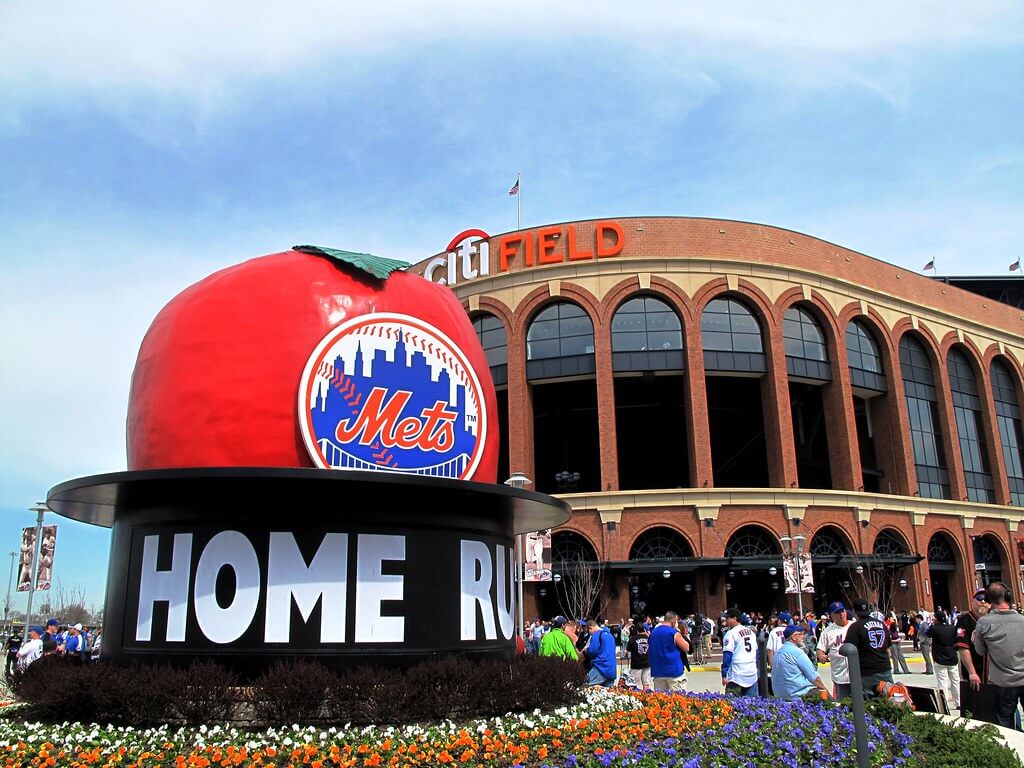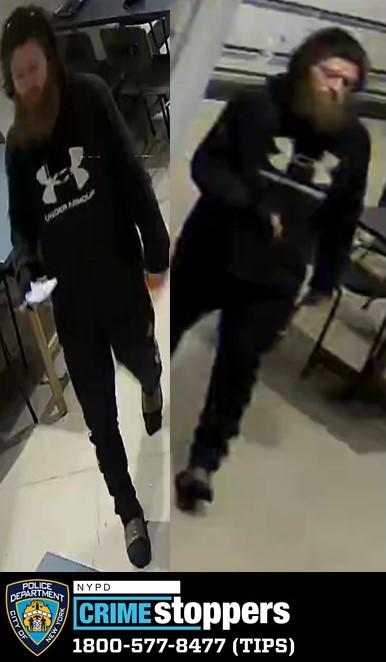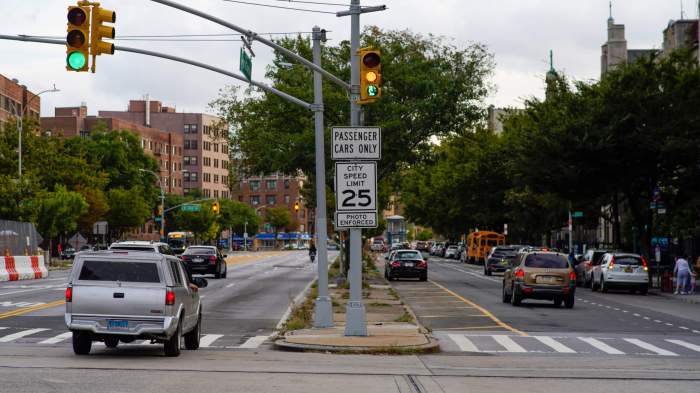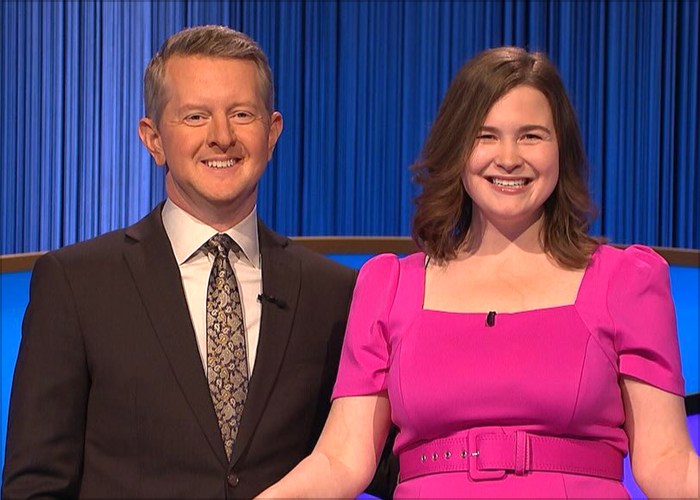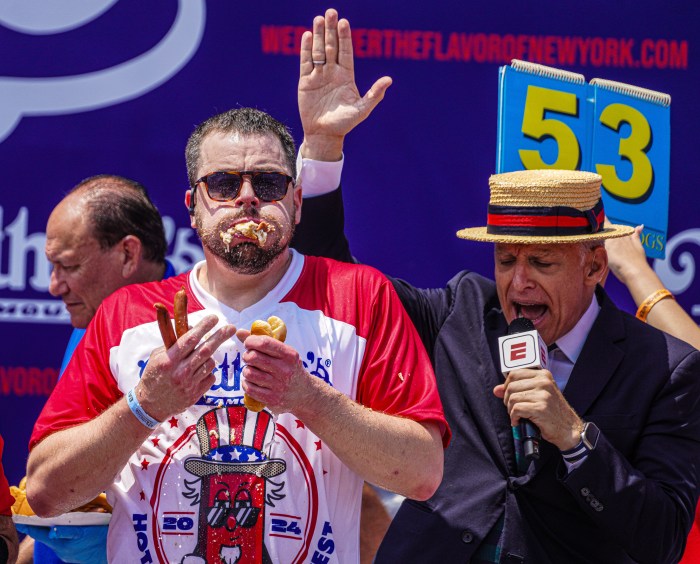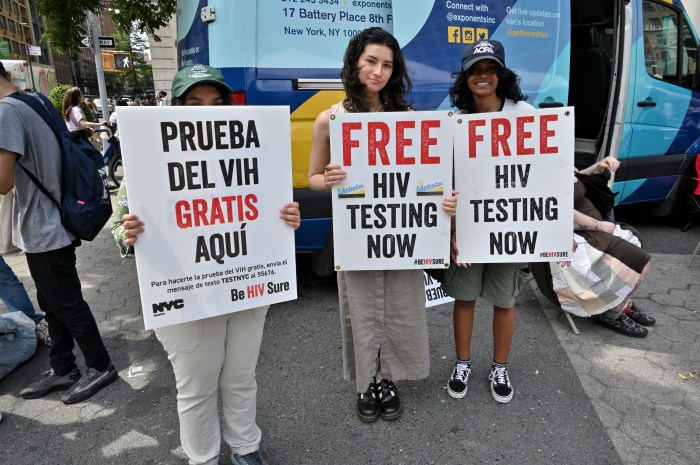By Bonnie Rosenstock
When Charles Dong immigrated to New York from China with his parents, he couldn’t speak English. At 17, he was too old to attend high school but had great ambition to succeed in life. By lucky chance, he saw an ad in a Chinese-language community newspaper about the Manhattan Comprehensive Night and Day High School, a public school for overage and undercredited students. He enrolled, and two years later, in 1998, he not only learned English but also passed all required academic content-based tests to receive his high school diploma. He went on to attend Borough of Manhattan Community College and Baruch College and became a certified public accountant.
“This school means a lot to me. It gave me a sense of belonging,” said Dong, now 29, in near-perfect English. “Second, it helps students achieve whatever they want to achieve in their lives. It’s a first step, but it’s a huge step,” he added. He holds a day job in a consulting firm but still works at the school at night doing payroll. “I always feel I can never leave this place. I want to give back as well,” he said.
As Manhattan Comprehensive gears up to celebrate its 20th anniversary in 2009, Dong represents one of the more than 15,000 students who have passed through its doors from more than 40 countries, as well as the five boroughs. More than 80 percent graduate (one of New York City’s highest rates), 60 percent go on to college immediately and most finish already employed.
The six-story school at 240 Second Ave. between 14th and 15th Sts. is the vision of its founder and principal, Howard A. Friedman. In 1989, Friedman was working for the New York City Department of Education (then known as the Board of Education), as well as on a project for the federal government and traveling all over the country. He observed that older adolescents had nowhere to go once they dropped out of school.
“I remembered that New York City had a tradition, at least for our parents and grandparents, of night school,” related Brooklyn-born-and-bred Friedman, 60. “It disappeared after World War II, and I said, ‘Let’s bring it back. Not just a class here and there, but a full-service school.’ ”
He wrote a proposal, and the Board of Ed approved it. The school started with 25 students in 1989 and now has more than 800 with a waiting list.
“The whole premise always was high-quality education, flexible hours and support that the students need that they might not be getting elsewhere,” he said.
The student body is diverse, made up of 30 percent African-American, 30 percent Latino, 30 percent Asian and 10 percent white. For immigrants, the Day English as a Second Language (E.S.L.) Program is from 9 a.m. to 4 p.m. Students must be at least 17, and have completed the equivalent of ninth grade or higher; they must also take a literacy test in their native language (they must be literate in their own language), and an E.S.L. and math placement test.
“We don’t ask for green cards; we just ask for transcripts,” stated Friedman.
The Night E.S.L. and Mainstream programs run from 5 p.m. to 10:55 p.m. For admission to the Mainstream Program, students must be 18 to 21 years old, have a minimum of 18 credits and have passed the math and English Regents with a score of 65 or better. Students who are older, age 20 or 21, must need only a few credits to graduate.
“We have had students graduate at 23,” said school social worker Iris Kupferstein. “Even though funding stops at age 21, if you are coming to school every day and moving toward a high school diploma, we’ll keep you.”
Manhattan Comprehensive is the first day and night high school in the country to offer a full academic Regents diploma rather than a G.E.D. (high school equivalency). Instead of a normal school year, the unique schedule — Monday to Thursday, from 9 a.m. to 10:55 p.m., and Sunday from 9 a.m. to 5 p.m., within four, 10-week cycles and a six-week summer season — allows students to get a regular education that fits their individual needs.
“We call it ‘differentiated instruction,’” explained Senior Assistant Principal James Reed, who began here 18 years ago as a volunteer at about the same time the school moved into its present location.
“We look very carefully at what they need,” Reed said. “They are rushed for time, they are getting older, they need to get out as quickly and efficiently as possible, yet gain the same skills. We’re here to meet not only their educational but also their social needs. The academics go together with the heart. This is the kind of school we should have no matter what the age of the student.”
The school offers a wide range of classes and services, including college preparation and advisement; advanced-placement courses in English, Spanish, Chinese, physics, calculus and U.S. history; supplemental E.S.L. and Regents review classes; tutorial programs; and special Sunday classes in science, math, computers, social studies, E.S.L. and SAT preparation, as well as free meals and transportation.
Also available is a dual-degree program in partnership with The School of Cooperative Education, 321 E. 96th St., in which students earn $100 a week while learning a traditional trades-based skill, such as welding, cosmetology, plumbing, culinary arts and heating/ventilation or a variety of state-of-the-art technologies. After obtaining certification, they come to Manhattan Comprehensive Night and Day, to work toward a high school diploma. In addition, the school provides paid internships to Rockefeller University and to numerous local hospitals; the school’s state-of-the-art science labs lay a good foundation.
“If students need to work, the paid internships would be enough for them so they don’t have to work full time, plus they learn something,” said Kupferstein.
“Having a job gives them a sense of responsibility in addition to enhancing social skills and a work ethic,” added Reed.
The school, which is housed in the city’s oldest functioning high school building, dating from 1904, is an educational hybrid, noted Friedman. On one hand, it is a regular high school, funded and staffed by the Department of Education. But it is also a nonprofit corporation, Comprehensive Development Incorporated (C.D.I.), which administers a large student life center with private money.
“We can help students with immigration lawyers, tutors, medical assistance, housing, college counseling and employment, all through the generosity of New Yorkers who give their money and sit on a board,” explained Friedman.
The late Brooke Astor, an early supporter of the school, left an endowment for the restoration and maintenance of the library, which contains well-stocked bookcases and state-of-the-art computer terminals. Local City Councilmember Rosie Mendez provided $40,000 to restore the bathrooms, “not very glamorous, but very important for adults,” said Friedman. The warm, well-appointed auditorium was renovated with donations by the Lewisohn family. Colorful flags of all nations adorn the space.
“I told the kids if they brought in their country’s flags, I would put them up. I put the Tibetan flag next to the Chinese flag as a political statement,” Friedman said.
In addition to the dedicated staff and faculty (one teacher is also an immigration lawyer), the school has more than 160 enthusiastic volunteers. Last year, Jane Foss, a retired nurse, tutored a young Chinese student twice a week for about four months. He had only been in the country for nine months. They went over his homework due the next day and worked on exercises from a grammar workbook, which the school provided.
“He was a good student, worked hard and his English improved,” said Foss. “Most of the volunteers had successful encounters and all saw some kind of progress.”
Foss noted that these students had social problems because New York was so different and often their families weren’t with them.
“We even did career counseling with them,” she recalled. “There are career counselors at school, but when you develop a relationship, it’s easier for you to be the first contact. All in all, it was a very positive experience.”
The student life center and guidance departments are important components of the school. Most of the students are living very difficult lives, “a lot of self-survival,” acknowledged Kupferstein, so outreach is essential to find out why they stop attending. They may be living on their own or in group homes and foster homes; some are homeless and sleeping on a different friend’s couch each night or living in shelters. The school has married couples and single mothers with babies, so babysitting services, especially at night, is a major issue. Work schedules may also be problematic.
“Everybody here is involved with the students,” said Kupferstein. “Sometimes if they talk to somebody — and it’s all confidential — it works out. We are the only school that provides services round the clock, whether it be tutoring, counseling, internships or outreach to employers. In the summer, we even called a kid to wake him up to make sure he got here. There is no reason for them not to come,” she stated optimistically.
Despite the “heart-wrenching stories,” Kupferstein said they have a good success rate. There were 70 summer graduates, following 157 in June.
“Not everyone makes it,” acknowledged Friedman. “Sometimes, life overwhelms them. But they can come back and try again.”
As for Charles Dong, he isn’t finished with school yet. He is currently working toward a master’s degree from New York University in teaching English as a Second Language. His goal: to open up his own English-language school.
Manhattan Comprehensive Night and Day High School, 240 Second Ave. 212-353-2010. https://www.mancomp.org










